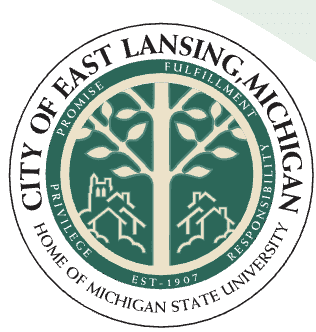By Liz Kudwa
A: This is quite a timely question and one that’s been generating some buzz in the news. I recently came across an article by Scott Shane who is a well published author on the subject of entrepreneurship, as well as a Professor of Entrepreneurial Studies at Case Western Reserves’ Weatherhead School of Management. In this article, he answers your very question: “Are there recession-proof industries for small business”?
He examined data from the U.S. Census Bureau’s County Business Patterns and looked at the performance of different industries during the last two recessions (1990-1991 and 2001-2003). His definition of “doing well” was relatively strict. The following metrics needed to increase by 20 percent or more: number of establishments, number of employees, dollar amount of payroll, number of establishments with 20 or fewer employees, number of employees at establishments with 20 or fewer employees and the dollar amount of payroll at establishments of 20 or fewer employees.
Some of the high growth industries, based on these measures, during the 2001-2003 recession included drilling oil and gas wells, roasted nuts and peanut butter manufacturing, bottled water manufacturing, digital printing, custom architectural woodwork and millwork manufacturing, and bus and other motor vehicle transit systems.
Shane also examined whether these same industries grew during the recession in the early 90s. He found there are many fewer industries that did well during both of the last two recessions. Here are a few that did do well during both of those periods of time: functions closely related to banking, accident and health insurance, offices of health practitioners and business consulting.
Of course, our current recession is different from the previous two recessions. Firms in the banking/ finance/ mortgage industry are just not going to be showing growth this time around. But he noted that the other three industries that showed growth would probably show growth through this current recession.
Shane also noted three takeaways from the analysis he did with this Census data.
1. Even in a recession, some industries grow at a fast pace across a variety of different dimensions.
2. Relatively few industries that do well during one recession tend to do well during other recessions.
3. Insurance, health care and consulting tend to be recession-resistant (not recession-proof) industries for people running small businesses.
So to answer your question, it looks like there are in fact some recession-resistant industries for small business owners. If you’d like to read more of Professor Shane’s work, here are two of his most recent titles.
Fool’s Gold? The Truth Behind Angel Investing in America, 2008
The stereotype of the "angel investor" is a retired wealthy entrepreneur who sees potential, asks tough questions, takes a large stake, and in a few years makes a massive return in an IPO. This outsider fills the gap between the venture capitalist and the professional investor, swooping in with cash and expertise to bring dreams to fruition. Unfortunately, Shane observes, this figure bears no relationship to reality. In Fool’s Gold, he draws on hard data from the Federal Reserve and other sources to paint the first reliable group portrait of the lionized angel investors. (Oxford University Press)
The Illusions of Entrepreneurship: The Costly Myths that Entrepreneurs, Investors and Policy Makers Live By, 2007
There are far more entrepreneurs than most people realize. But the failure rate of new businesses is disappointingly high, and the economic impact of most of them disappointingly low, suggesting that enthusiastic would-be entrepreneurs and their investors all too often operate under a false set of assumptions. This book shows that the reality of entrepreneurship is decidedly different from the myths that have come to surround it. (Trilateral)
Elizabeth Kudwa is the Business Reference Librarian at the Capital Area District Library located at 401 S. Capitol Avenue in Lansing, MI. Contact her at 517-367-6301 or by e-mail at kudwae@cadl.org.



